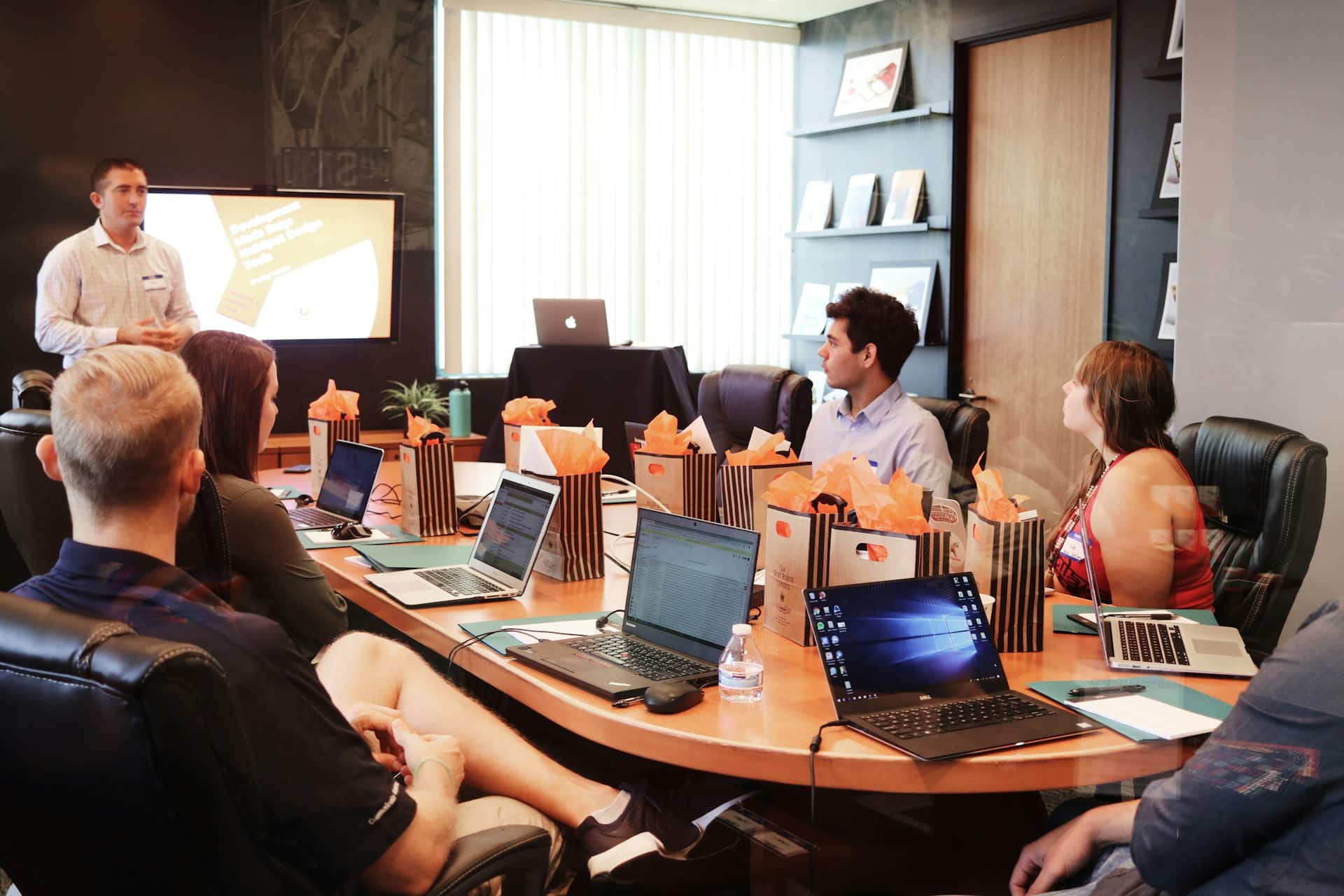How Can UK Agricultural Businesses Utilize IoT for Enhanced Productivity?

The rapid advancement of technology has drastically transformed multiple industries, including the agriculture sector. One of the most significant advancements is the integration of the Internet of Things (IoT) into agricultural activities. With IoT, farming is no longer a manual and time-consuming task. Instead, it has evolved into a more sophisticated, efficient, and sustainable practice known as smart farming.
Embracing the IoT in Smart Farming
In the heart of smart farming lies the concept of precision agriculture. This approach uses IoT devices and technologies to monitor and optimise agriculture practices, saving time and resources while increasing productivity.
En parallèle : How to Set Up a Successful Remote Call Center for UK Financial Services?
IoT in agriculture implies the use of a network of physical devices, such as sensors, cameras, and software, all connected to the internet. These devices collect and share data that farmers can use to manage their farms more efficiently.
The IoT devices are often solar-powered and can withstand harsh weather conditions. They can monitor various factors critical to farming, including soil moisture levels, crop growth, and the presence of pests or diseases. By having real-time data at their fingertips, farmers can make more informed decisions and react promptly to any changes.
A lire également : What is the Impact of the UK's Recent VAT Changes on Digital Products?
The Role of Sensors in Precision Agriculture
The use of sensors in agricultural practices is the backbone of precision agriculture. Sensors have proved to be essential tools for farmers, helping them monitor their crops and livestock and ensuring the best conditions for growth.
There are several types of sensors used in agriculture, each designed to monitor different aspects. Soil sensors, for instance, can measure soil moisture levels and nutrient content, helping farmers determine the optimal watering and fertilisation schedule. Weather sensors, on the other hand, collect data on temperature, humidity, wind speed, and rainfall, helping farmers plan their activities more accurately.
Livestock monitoring is another area where sensors are proving to be invaluable. There are wearable devices that can track an animal's location, health, and behaviour, alerting the farmer to any abnormal patterns.
Data Management and Analysis
The data collected from the IoT devices and sensors are of little use if not analysed and used effectively. Data management is crucial in precision agriculture. It involves collecting data, analysing it, and using it to make informed decisions.
The use of cloud-based solutions has simplified the process of data storage and analysis. Farmers can now access, manage, and analyse their data from anywhere, at any time.
Moreover, advanced data analysis software can identify patterns and trends in the data, providing valuable insights for farmers. For instance, they can predict crop yield based on past data or forecast weather patterns that may affect their crops.
IoT and Sustainable Agriculture
The incorporation of IoT in farming practices goes beyond increasing productivity. It also contributes significantly to sustainable agriculture. In an era where climate change and environmental conservation are critical issues, IoT offers solutions to ensure agriculture is carried out in a sustainable way.
Through real-time monitoring and data analysis, farmers can optimise their use of resources such as water and fertilisers, reducing waste and minimising their impact on the environment. For instance, soil sensors can inform farmers when and where irrigation is needed, preventing over-watering and conserving water.
Additionally, IoT enables more efficient use of energy. Solar-powered devices, for example, utilise a renewable source of energy. Moreover, by optimizing farm operations and reducing waste, IoT contributes to energy efficiency.
The Future of Agriculture in the UK
The role of IoT in agriculture is increasingly gaining recognition in the UK. The UK government is actively promoting the use of digital technologies in farming through various initiatives. For example, the UK Department for Environment, Food and Rural Affairs (DEFRA) is working on a new agricultural policy that includes the application of technology in farming.
The use of IoT in agriculture is not just for large-scale farmers. Even small-scale farmers can benefit from these technologies. For example, there are affordable sensor-based systems that can help small-scale farmers monitor their crops and improve their productivity.
With the continuous development of IoT technologies, the future of agriculture in the UK looks promising. More advanced and affordable IoT devices are expected to emerge, making smart farming accessible to more farmers. This will not only enhance productivity but also ensure that agriculture in the UK is sustainable and environmentally friendly.
Impact of IoT on Decision Making in Agriculture
A significant benefit of integrating IoT into agriculture is the influence it has on decision making. The ability to make informed decisions swiftly can be the difference between a successful harvest and a failed one. In traditional farming, decisions were often based on intuition or historical data, which may not accurately reflect current and future conditions.
However, with the introduction of IoT in agriculture, farmers now have access to real-time data. For instance, they can monitor soil moisture and crop health in real time, helping them make accurate decisions about irrigation and pest control. This real-time monitoring is a key feature of precision farming, and it has completely transformed the decision-making process in agriculture.
Additionally, the integration of IoT with big data analytics has further enhanced decision-making capabilities in agriculture. Big data analytics involves the use of advanced software to analyse large volumes of complex data. When applied to the data collected from IoT devices, it can reveal patterns and trends that might otherwise go unnoticed.
For example, by analysing data from past years, farmers can predict future yield based on various factors like weather conditions, soil health and farm management practices. This data-driven approach not only facilitates informed decision making, but also helps in predictive analysis and proactive management of farms.
Conclusion: IoT, a Transformative Force in UK Agriculture
The incorporation of IoT in UK agriculture has proven to be a transformative force, driving increased productivity and sustainability in farming practices. The concept of smart farming, underpinned by precision agriculture and data analytics, is revolutionising the way farmers approach their work.
By enabling real-time monitoring and data-driven decision making, IoT has empowered farmers to optimise their agricultural practices. Whether it's managing crop health, conserving water through precise irrigation or enhancing livestock care, IoT devices and technologies are helping UK farmers make significant strides in their operations.
In addition, the move towards IoT-based smart agriculture is contributing significantly to environmental conservation. By optimising resource use and reducing waste, IoT technologies are helping to promote sustainable farming practices.
The future of UK agriculture is undeniably intertwined with the advancement of IoT. As more farmers embrace this technology, the benefits will extend beyond individual farms to the entire agricultural sector and the broader UK economy. To fully realise the potential of IoT in farming, continued investment in research, technology development and farmer education is essential.
Ultimately, IoT is not just a technology trend; it's an essential tool for modern, sustainable farming. Its growing implementation in UK agriculture is a testament to the power of technology to drive progress and innovation in one of the world's oldest industries.
